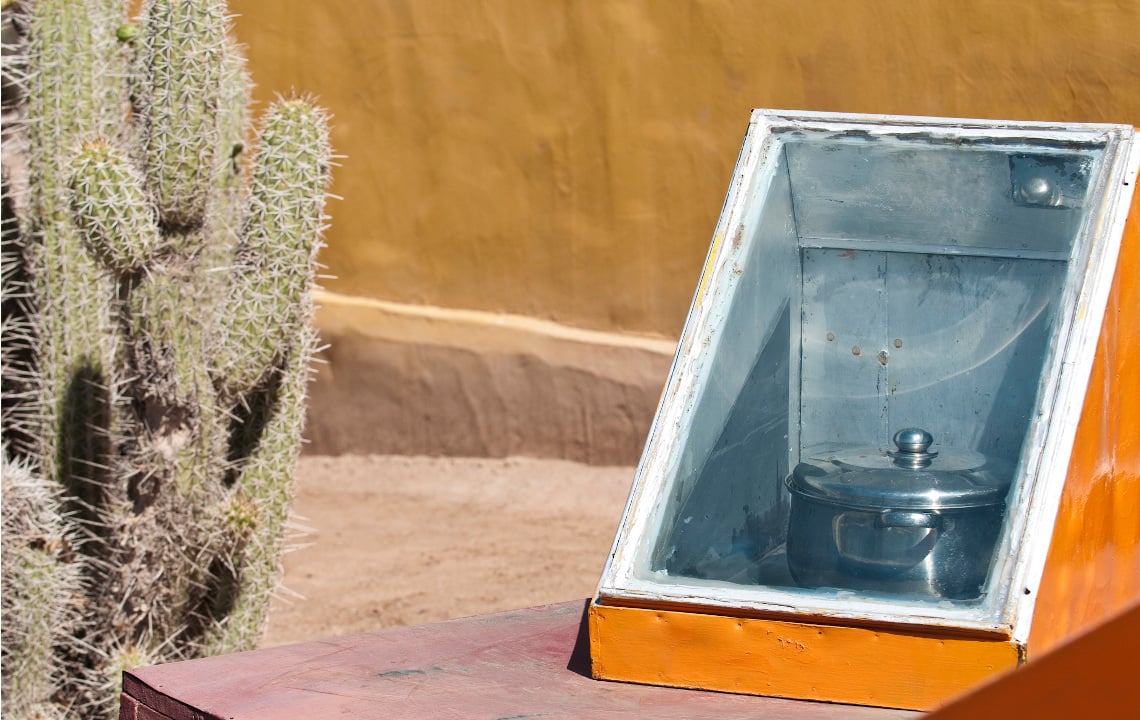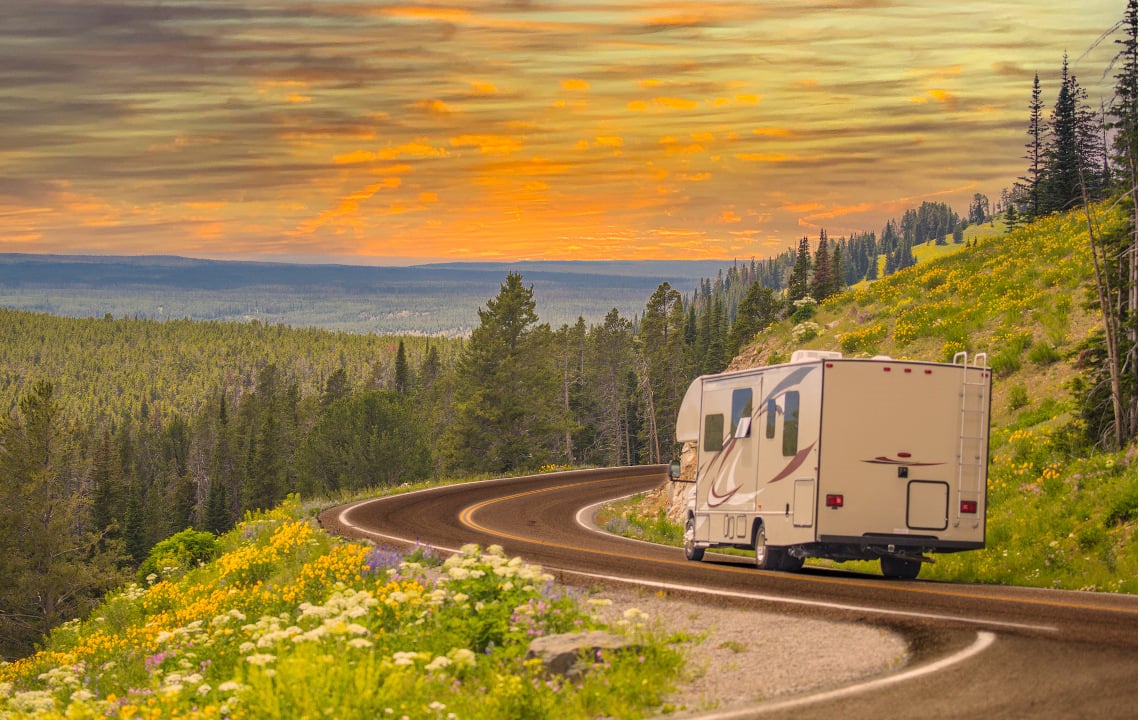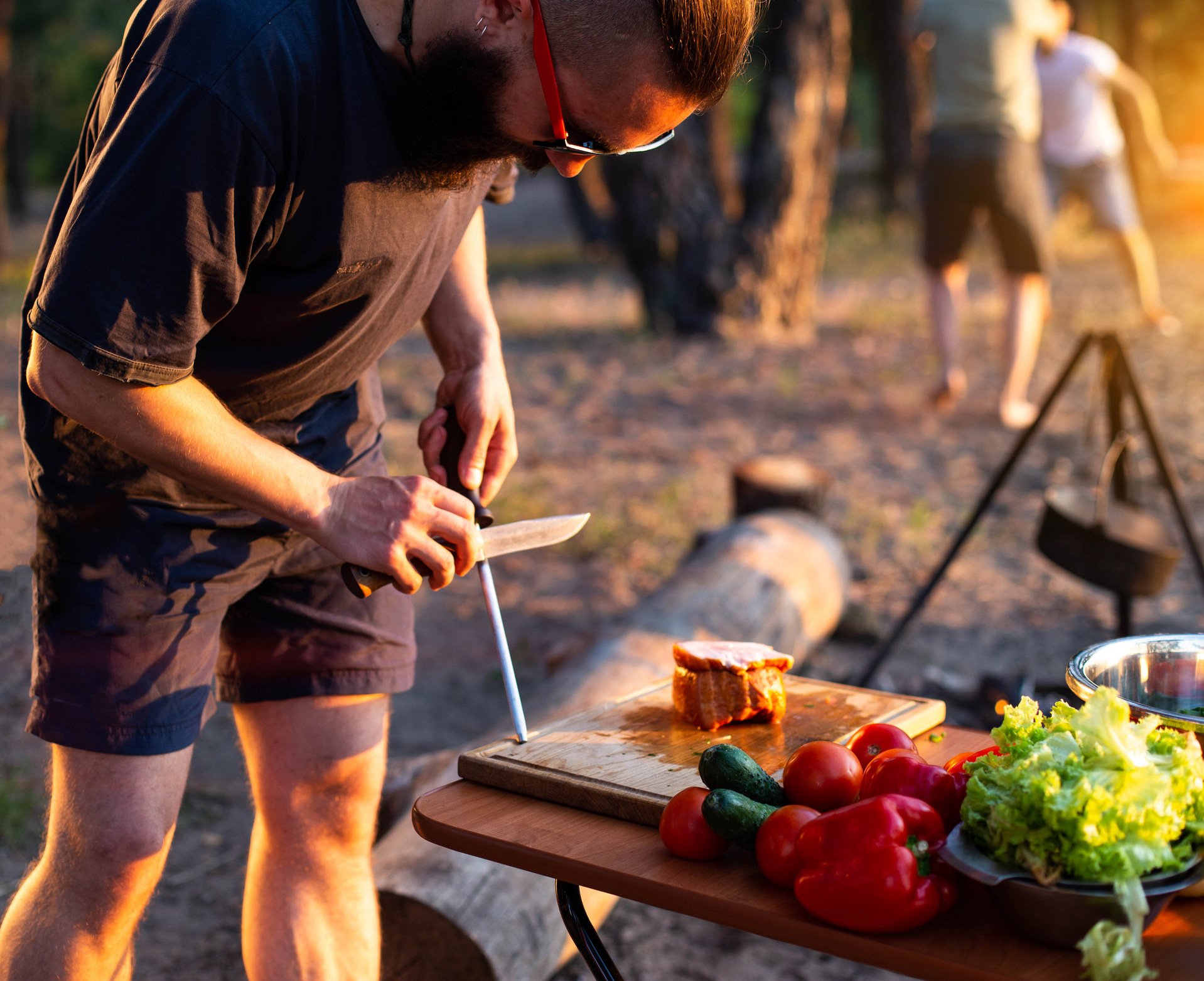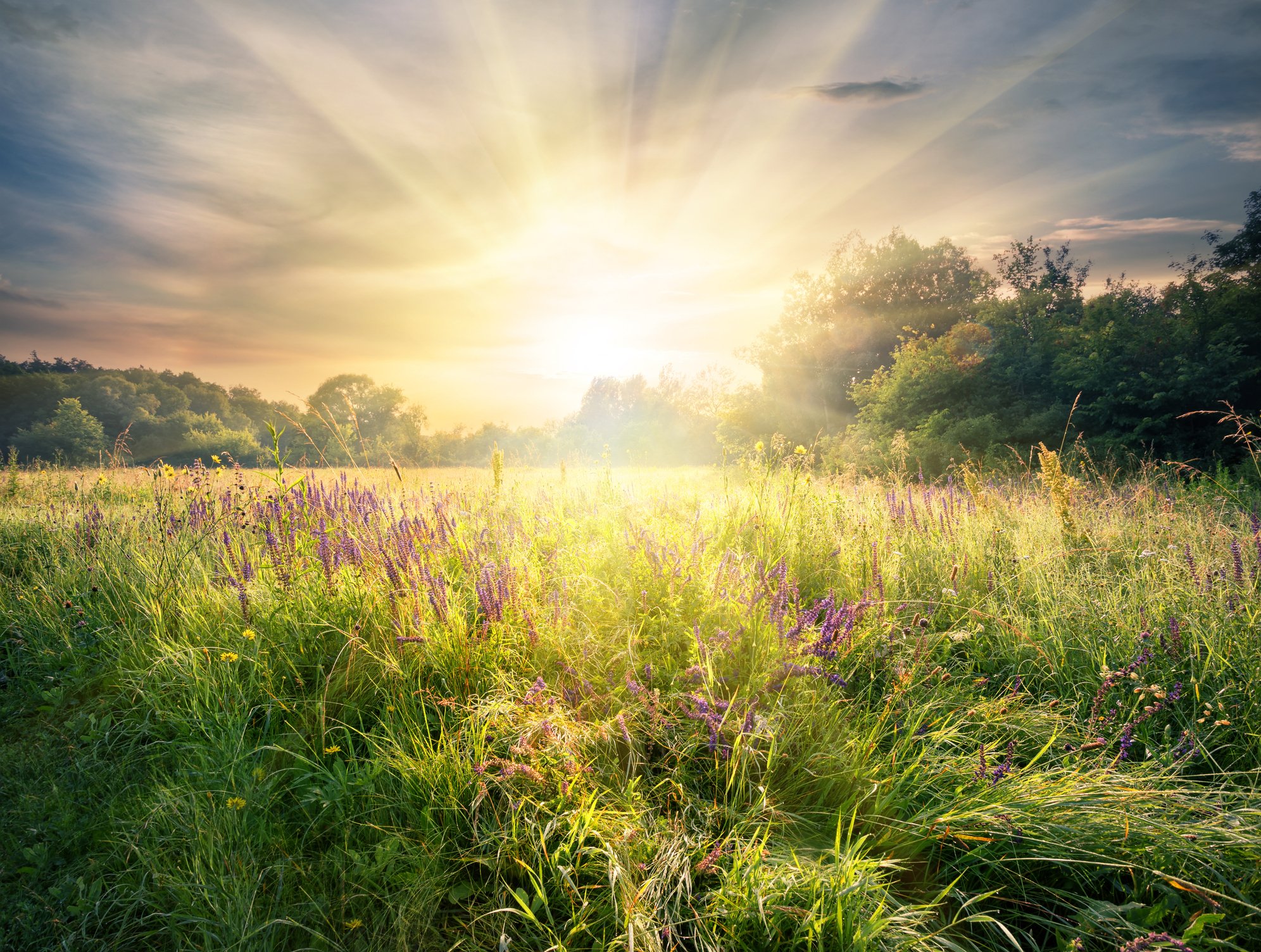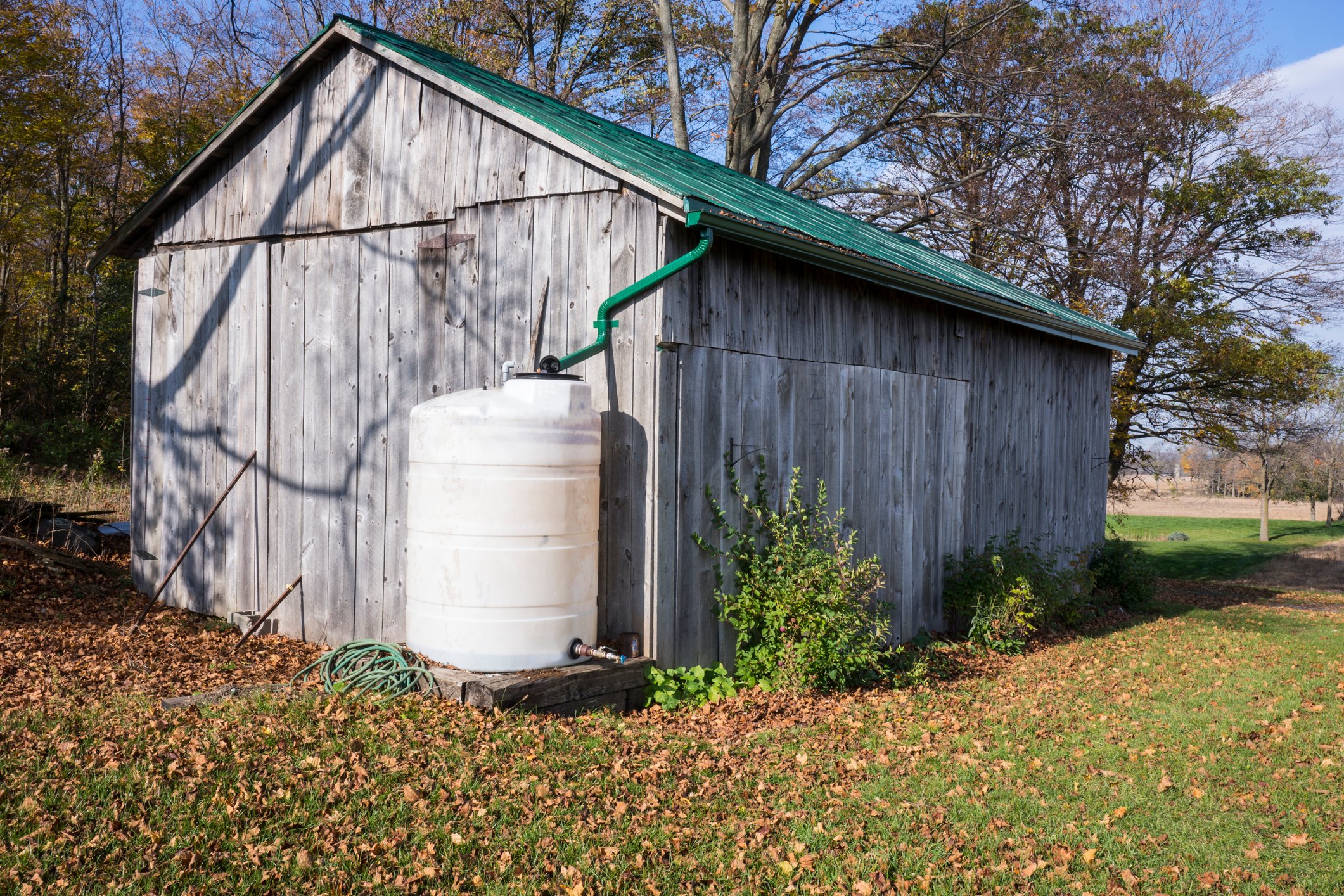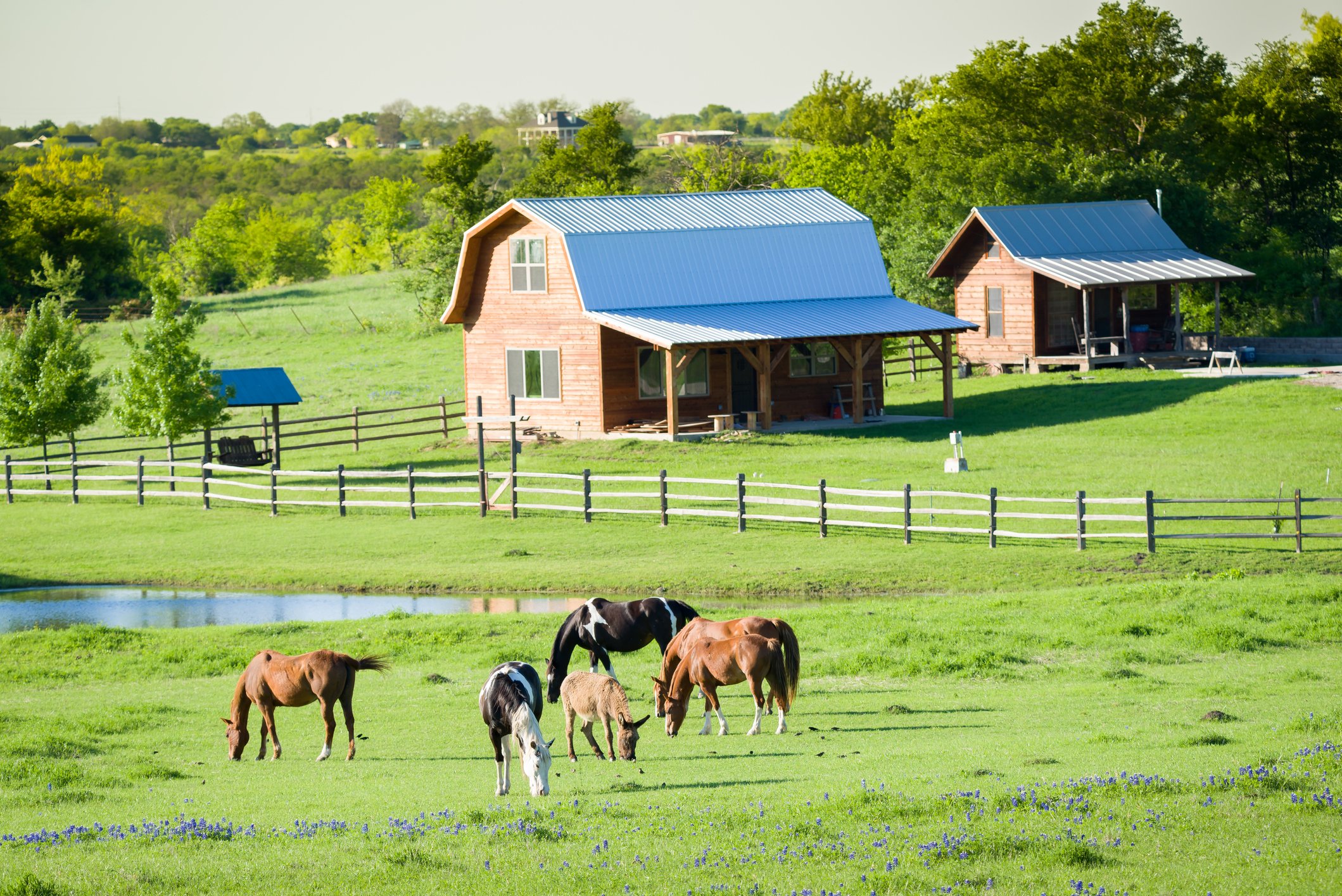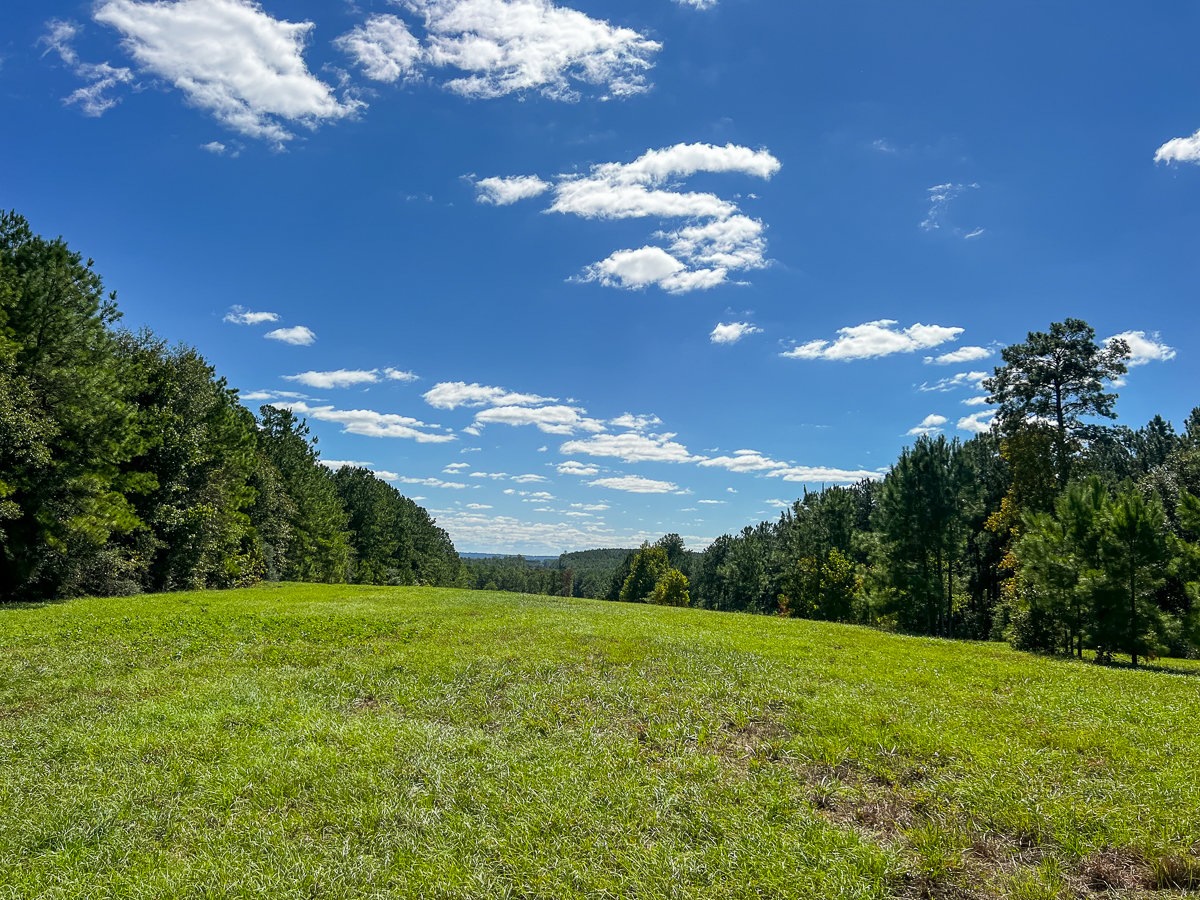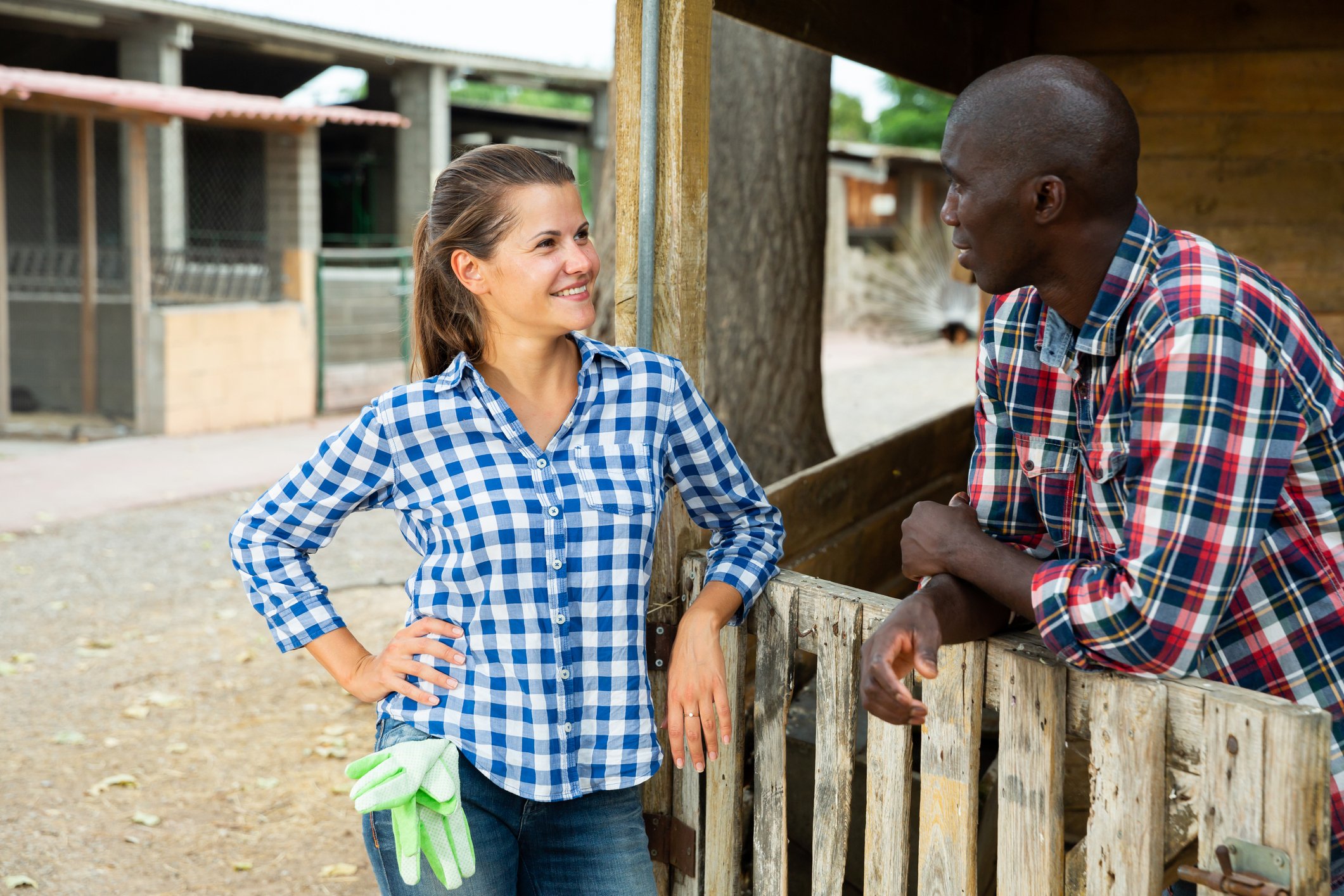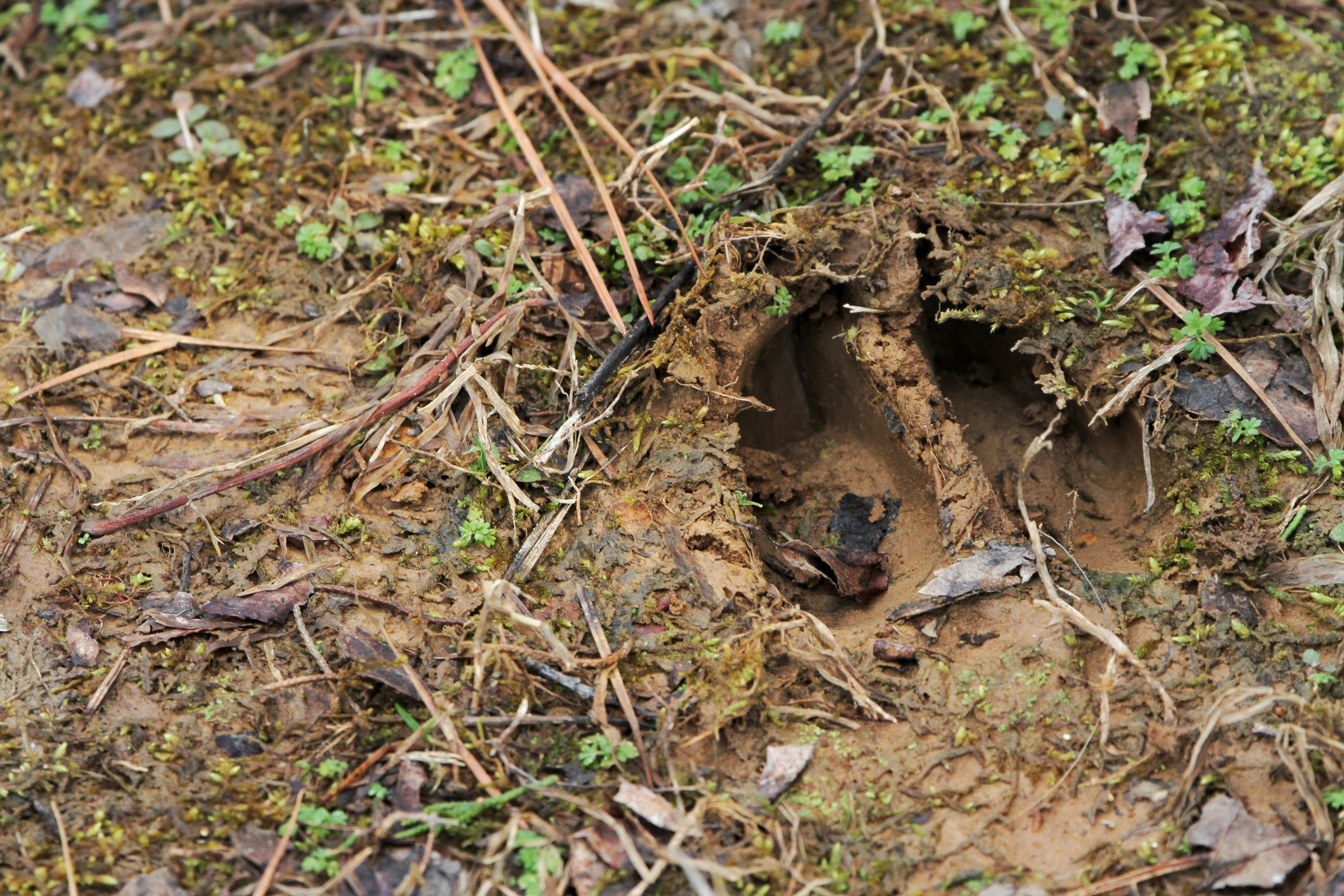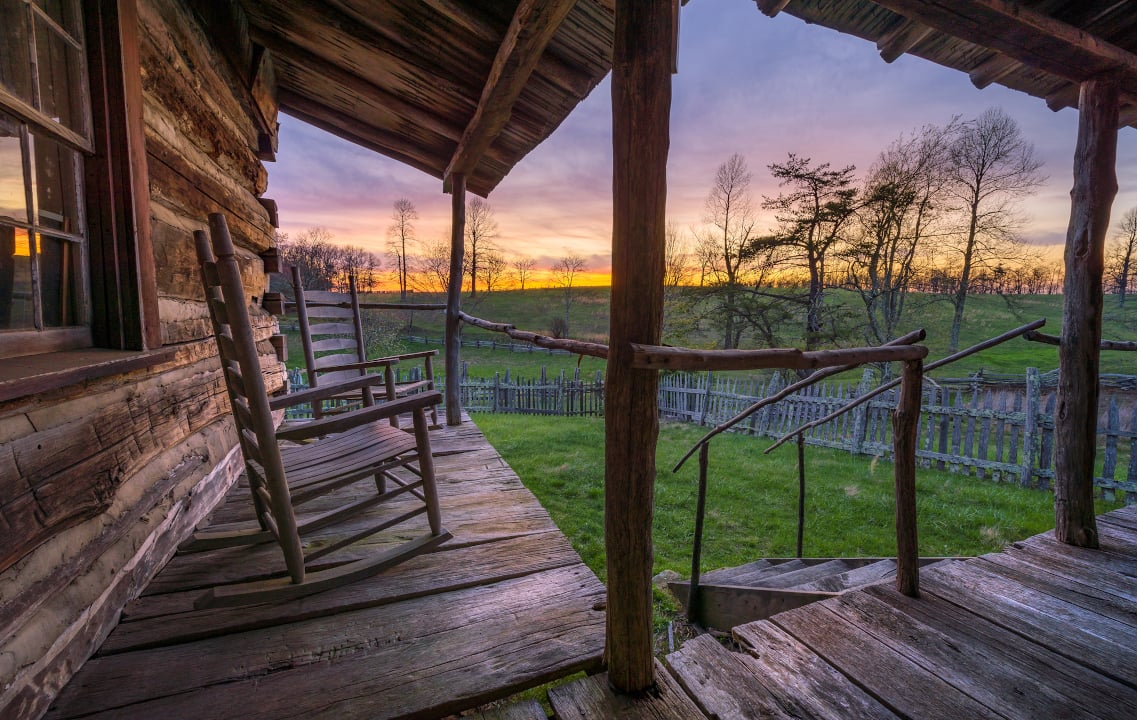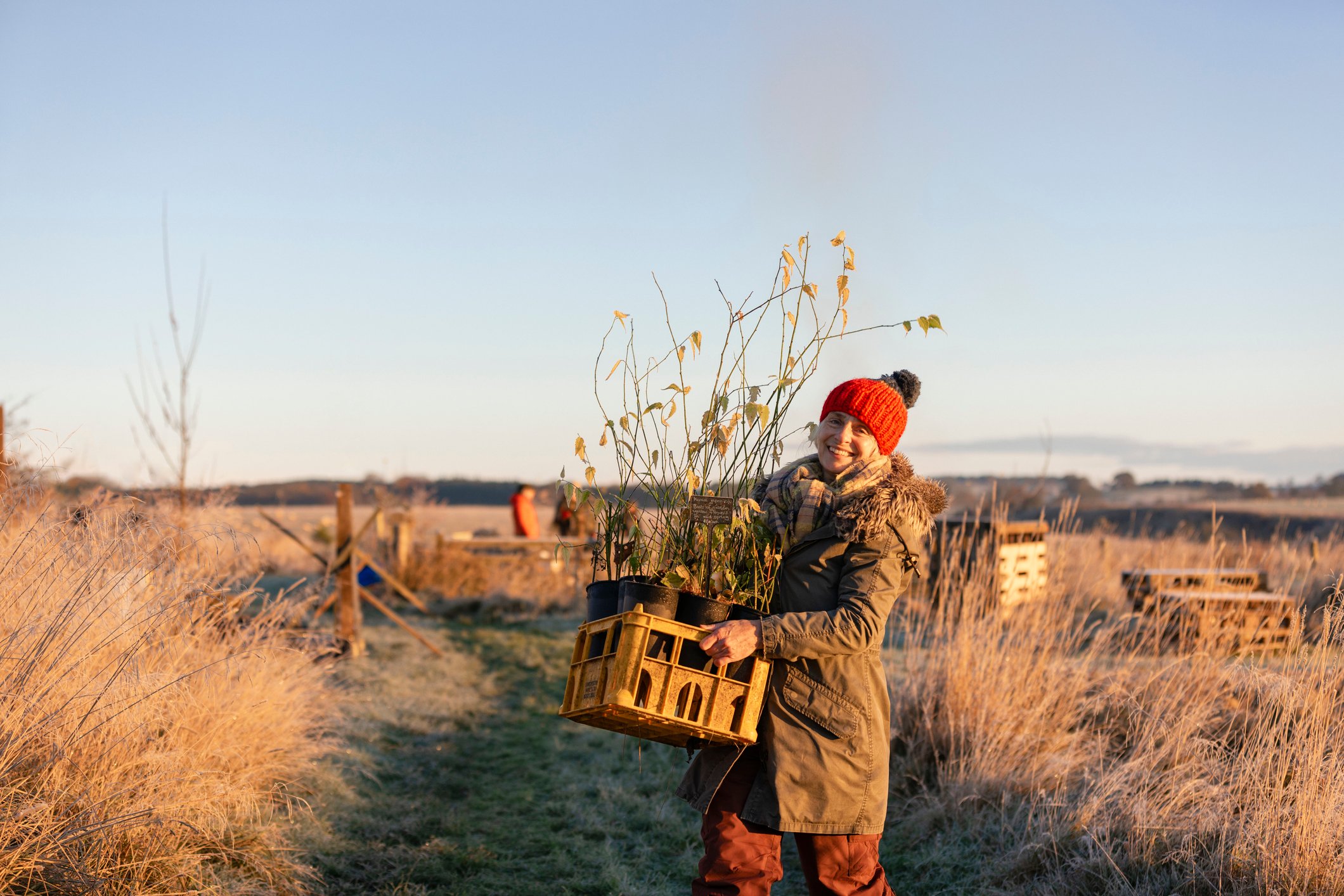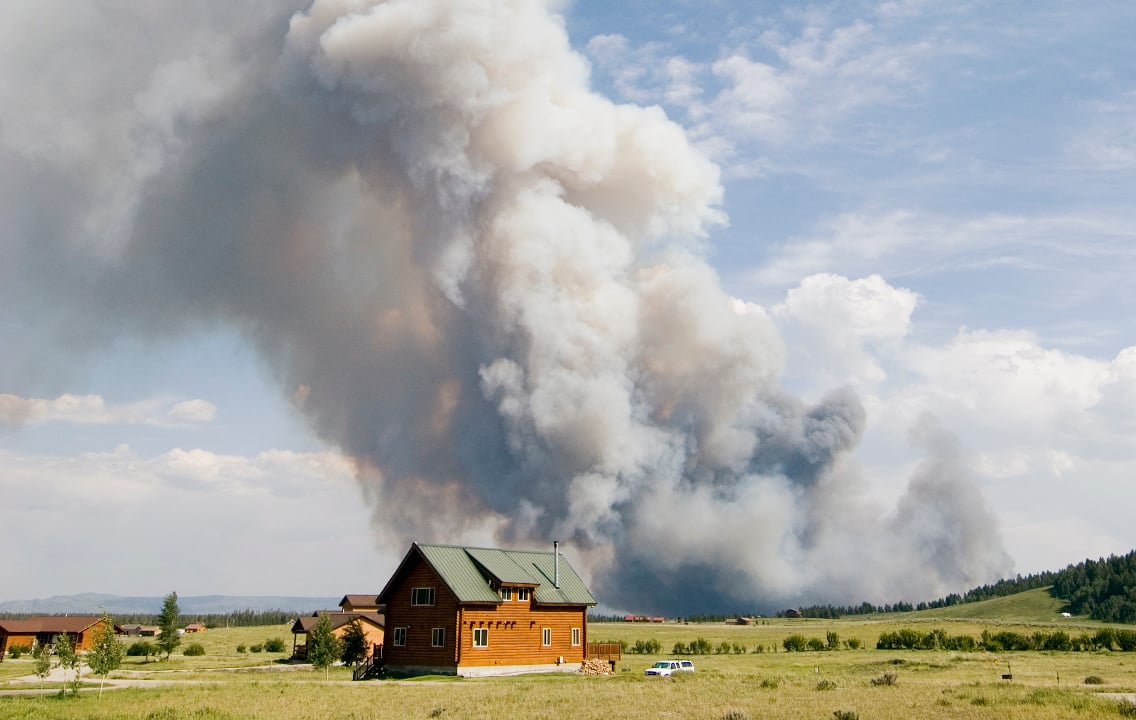Recent catastrophic weather events in Texas have wreaked havoc on residents and businesses alike. The abnormal weather conditions have caused unexpected power outages, burst water pipes, shortage of food and water and even resulted in the death of some individuals. Although we can’t always foresee the hazards that we must endure, we can use some tactics to survive them. Some of these are very elementary, but could be the difference in life or death.
It has been heart-breaking to see the loss of life and the struggle that the Texas population has endured in the last few days. Life may always be expected to throw some curve ball our way, but here are some ways to prepare for the worst based on my experience as a primitive and survival skills instructor.
Tips for Surviving in Severe Cold Weather Conditions
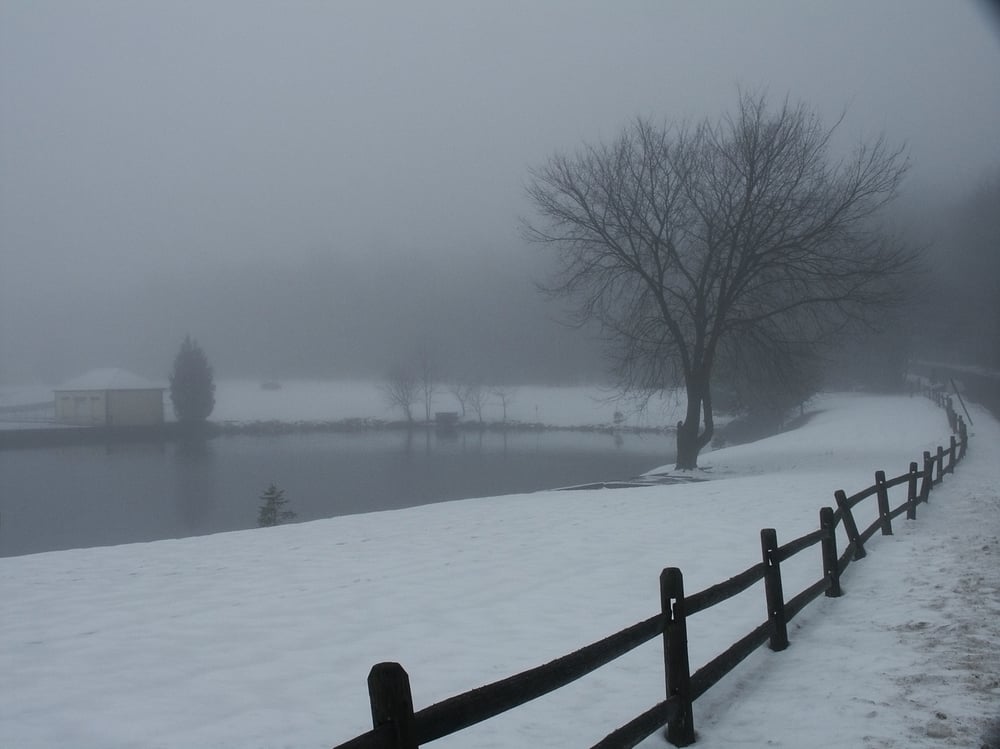
If unexpected, severe cold weather causes power loss, here are some tips for surviving in place. When the power fails to your home and is expected to be a long-term situation, do the following:
- Consider pitching a tent inside your residence. If you have sleeping bags, place them inside the tent. Sleep inside the tent with the flap closed. Use extra blankets if your sleeping bag is not rated for low temps. Use a stocking cap or beanie to keep your head warm if your bag is not a “Mummy” bag that covers all but your face.
- Keep battery powered lights close at hand.
- Run some water for emergency consumption (filling a bathtub is a good idea for flushing toilets, etc.) and then cut off the water at the point where it enters the house. This will reduce the likelihood of pipes bursting and causing extensive damage. The bath tub could be filled for bathing and general use, and clean container for potable water.
- Cut off the power for the hot water heater at the breaker box so that when the power is restored, the elements will not be damaged due to lack of water.
- A gas fireplace or wood-burning fireplace is a good source of heat, but it is vital that the gas supply is not allowed to be low in the event of such an event.
- Wood burning fireplaces are good sources of heat, but when not putting out heat if the fire burns low or goes out at night, heat is lost up the chimney, unless a heat resistant fire screen restricts the draft. If this is available, once the fire dies down, the screen should be closed. Don’t just close the damper, as this will divert smoke into the home.
- If a wood-burning stove or fireplace is available, it is only an option if a good supply of dry wood is maintained.
- Don’t run an automobile in an enclosed garage for heat, as carbon monoxide is a silent killer.
- Highways can be very dangerous, but if you must drive, pack some essentials to allow for survival if you become stranded. Be sure to carry blankets, water and snacks such as granola bars. A large tin can, such as the 32 ounce or similar vegetable container with the content removed make a good emergency heater. Carry a supply of candles. Light a candle and drip wax on the inside bottom of the can. Place the candle onto the melted wax. The candle will heat the walls of the metal can and will provide life-saving heat in a vehicle.
Cooking Without Power During an Emergency
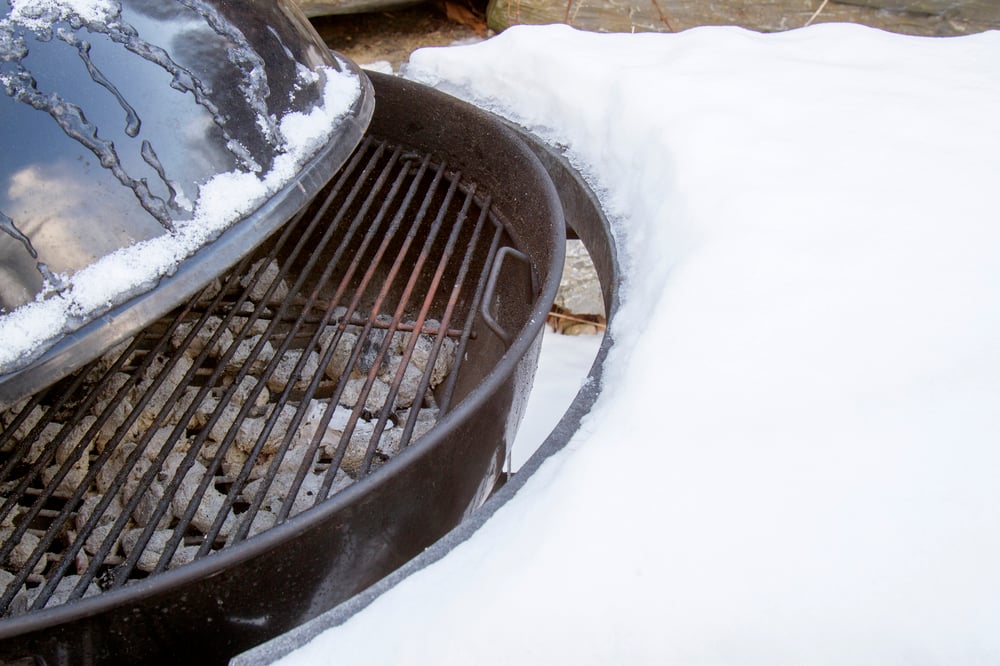
One of the necessities that occurs during power outage is the need to cook. It is advisable to keep a good supply of propane that can be used for gas grills, gas griddles or gas smokers. These can be used to prepare food and melt ice or snow for water.
Charcoal grills could also be adapted for emergency usage, but would not be quite as convenient due to ignition and allowing time for charcoal to reach optimum temperature. Also, the cost would be more for charcoal than for gas.
If it's not snowing too hard, you can also cook over an open campfire. Learn more in: Cooking Without Power: An Introduction to Dutch Ovens and Cooking Over Wood: Cast Iron Cooking Techniques and More.
Care for Outside Animals
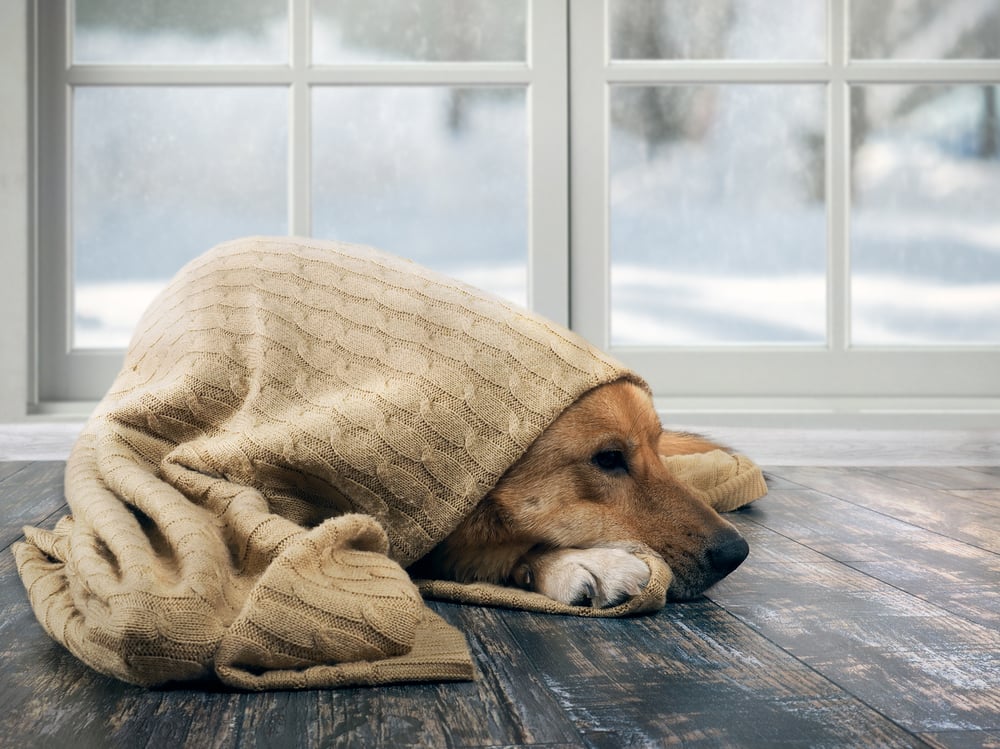
Don’t forget to provide for outside animals. They may require extra bedding and housing should be draft proof. Extra food should be kept on hand to provide for emergency use. In severe cold, food consumption might be higher, since their bodies must burn fuel to generate warmth.
We hope not to see events such as the one that occurred in Texas, but we have seen extreme suffering due to volcanic eruption, hurricanes, tornadoes and more.
We cannot cause these events not to happen, but we can lessen the effect by being prepared.


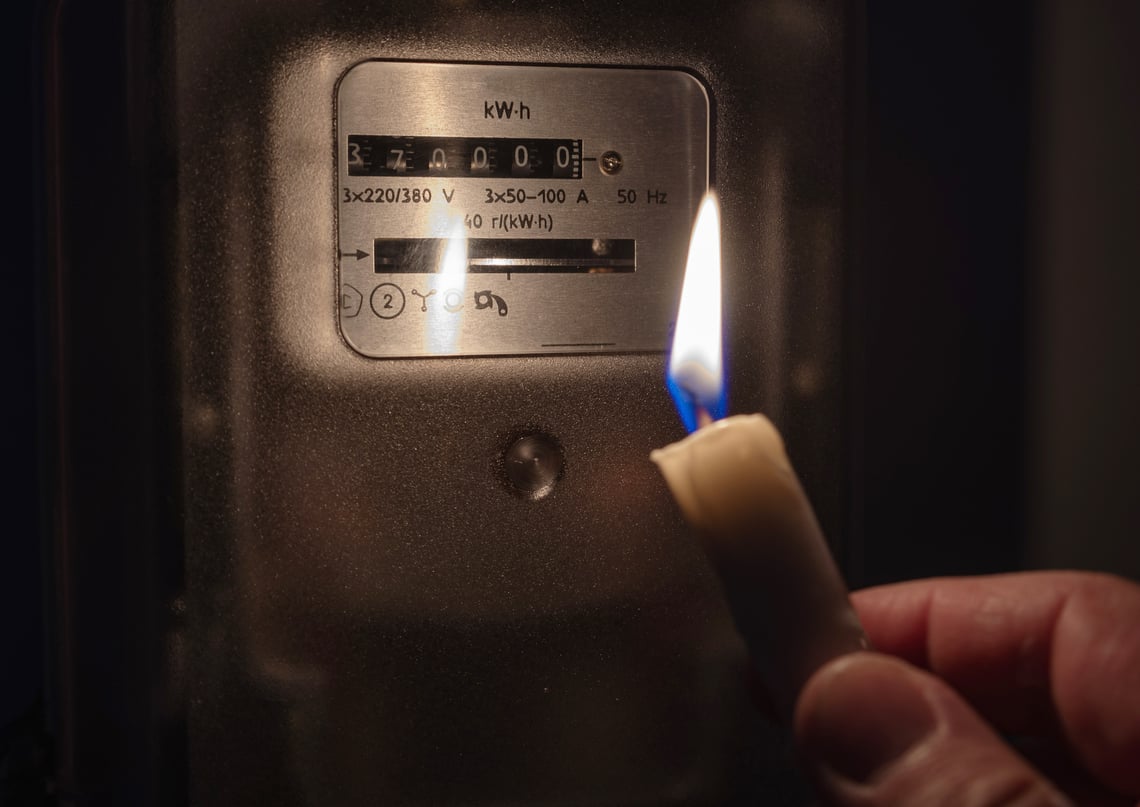
.jpg)







